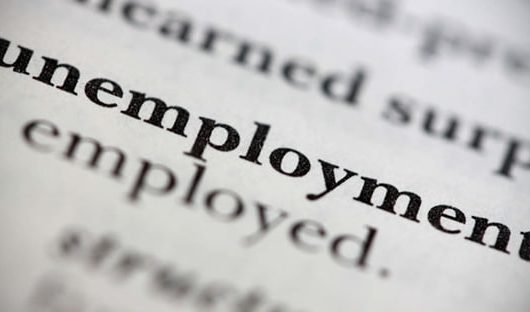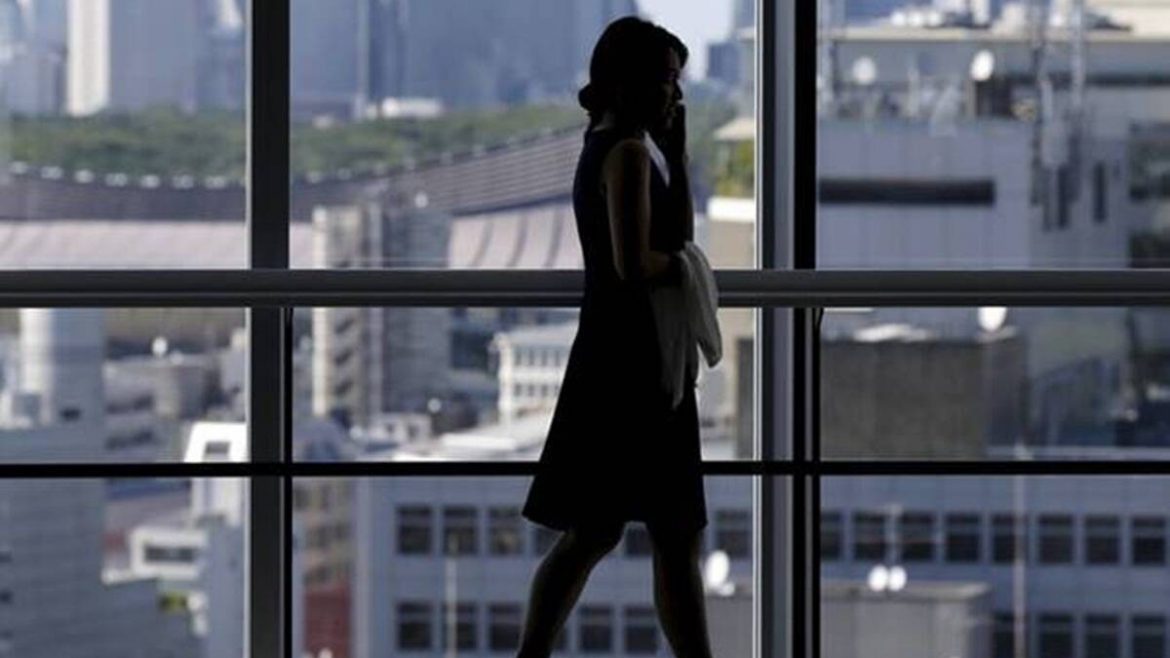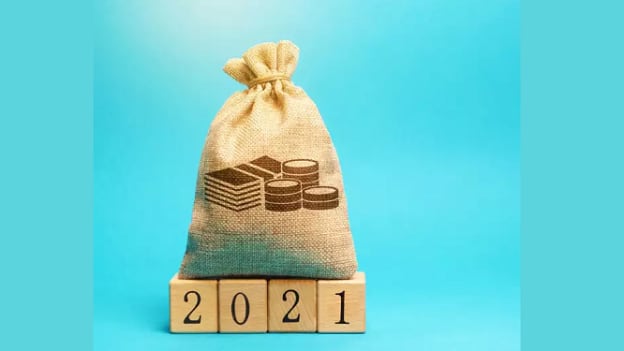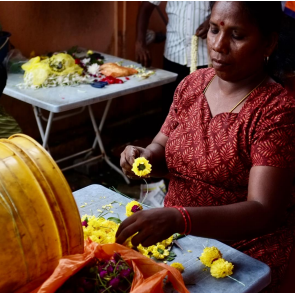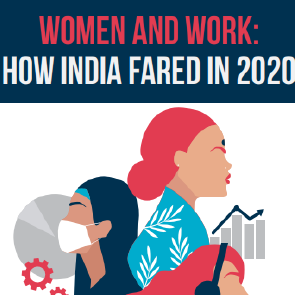iwwage_admin
Opportunities for Transformative Financing for Women and Girls
This paper draws on a pre-budget consultation hosted by IWWAGE and The Quantum Hub (TQH) on 1 October 2020, ‘Transformative financing for Gender Equality in a COVID-19 context’ to inform the Union Budget 2021-22. The aim of the consultation was to identify and amplify the needs of millions of women and girls whose lives have been disrupted and severely affected because of the pandemic, but also account for the disadvantages and inequities that existed even before COVID-19. IWWAGE invited experts1 from academia, civil society, NGOs, and donor bodies, who have been actively advocating for transformative financing for gender equality in India. These experts shared their insights from current and past experiences to shape an actionable agenda to improve the lives of women and girls in the current context. IWWAGE, like some of the experts invited for the consultation, is part of the Broad-Based Committee on Gender Budgeting and Analysis that has been set up by the Ministry for Women and Child Development (MWCD). We used this opportunity to provide suggestions to support the gender responsive budgeting efforts of MWCD and that of other relevant ministries, and also shared these with the Ministry of Finance in response to their request for ideas for Union Budget 2021-22. We also aim to share insights from this consultation among key decision makers, relevant line ministries and departments, and to a wider audience engaged in shaping the agenda on advancing gender equality and women’s economic empowerment in India. This paper has been jointly developed by The Quantum Hub (TQH) and IWWAGE.
Women and Work: How India fared in 2020
Women and girls across the world have been disproportionately affected in the year of the pandemic, not in terms of impact of the virus, but more so socially and economically. While India was rapidly responding to the health crisis, millions of Indians were grappling with the unintended impacts of lockdown measures on the economy and their livelihoods. Even before the onset of COVID-19, India’s female workforce was largely invisible, underpaid, under-protected and constituted largest segment of the informal workforce, which is among the worst-hit this year. But several opportunities exist in 2021 to ensure that India’s women are not left behind in its recovery plans.
Against this backdrop, IWWAGE and The Quantum Hub (TQH) authored a report that draws from various studies, data sources and nationally-representative data sets to look at the key trends and policy developments that came to shape and define the lives of women across India in 2020. This report captures key data on economic and social indicators (like female labour force participation, barriers to work and livelihoods, financial inclusion, digital access, skilling, education and violence against women) that played a central role in determining women’s role in the Indian economy this year.





